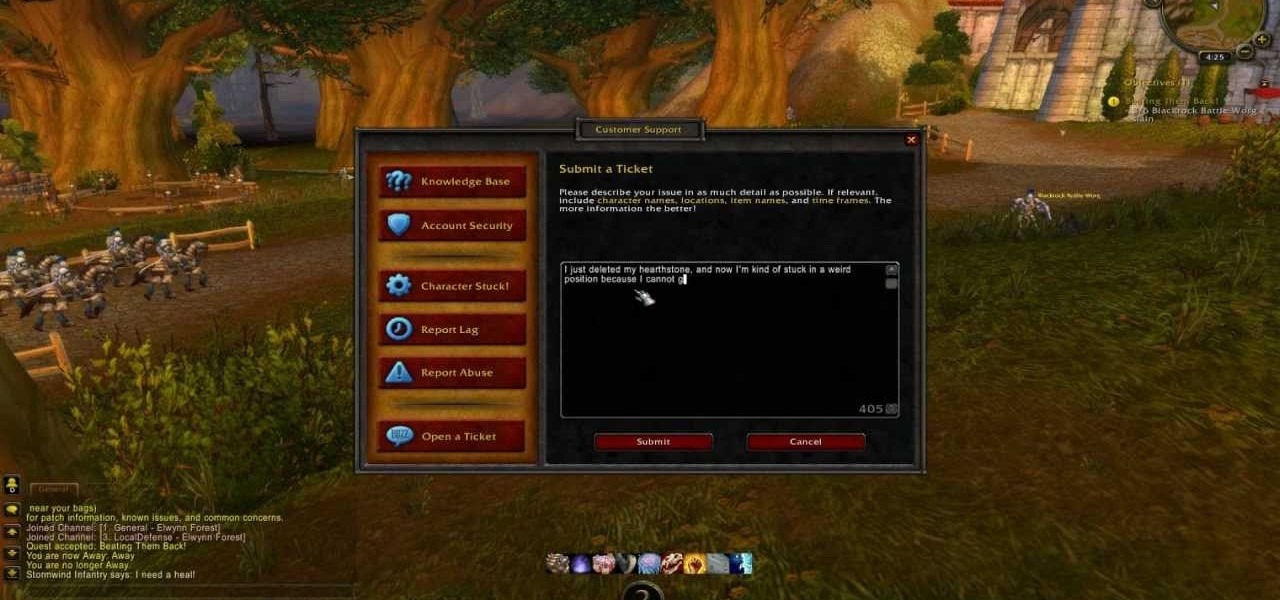

Although most of the magic is done behind the scenes, it still plays a critical role in the After Effects workflow, saving a ton of previewing and rendering times. Remember, after clearing your cache in any browser, refresh the page you are viewing so your browser has a chance to grab the fresh files.The After Effects’ disk cache system is something I really appreciate when working with large complex projects. What do I do after I’ve cleared my cache? If you’re a fan of using keyboard shortcuts to get around, Control, Shift, Delete (for Windows) or Command Shift Delete (for Mac) will open the configuration pane to clear cache in any browser. Instructions for clearing cache in Safari In the dropdown that reads "Obliterate the following items from" select "the beginning of time." (In later versions of Chrome, go to Tools > Clear Browsing Data).

(It looks like a wrench or three horizontal lines). Instructions for clearing cache in ChromeĬlick on the Settings button in the top right of the browser. Go to Tools > Clear Recent History or Clear Private Data.įor “Time Range to Clear,” choose "Everything." Instructions for clearing cache in Firefox On the General Tab under Browsing History, select "Delete Files."

On the General tab under Browsing History, select "Delete." If you have Internet Explorer 9 or 10 click the gear icon in the top right. Instructions for clearing cache in Internet Explorer Generally speaking, look for an option to delete cache or temporary files in your browser’s administrative settings. The process of clearing cache differs from browser to browser. That’s why we ask you to clear your cache. If we change a file that your browser has cached, it’s going to keep serving the old, cached version of the file and you won’t see our most recent change. Many times web developers have to make updates to the files that comprise your site in order to push a change or new feature live. It sounds like cache is a good thing, why have you asked me to remove those saved files? Because your browser can display the files stored in its cache much faster than it can pull fresh files from a server, the next time you visit that site, the use of cached files will help cut down page load time. The first time you visit a site, your browser will “save” pieces of the site. Even websites supremely optimized for speed are likely loading tons of files at once to display content in your browser.īrowsers try to do their part to speed up the loading process. What is my "cache" and why should I clear it?Īny sophisticated website you visit is actually a composition of dozens, hundreds or even thousands of files. (Editor's note: Updated July 2014 with new instructions.) If your web development team has ever made a change to the files that comprise your live website, they may have asked you to “clear your cache” afterwards.


 0 kommentar(er)
0 kommentar(er)
